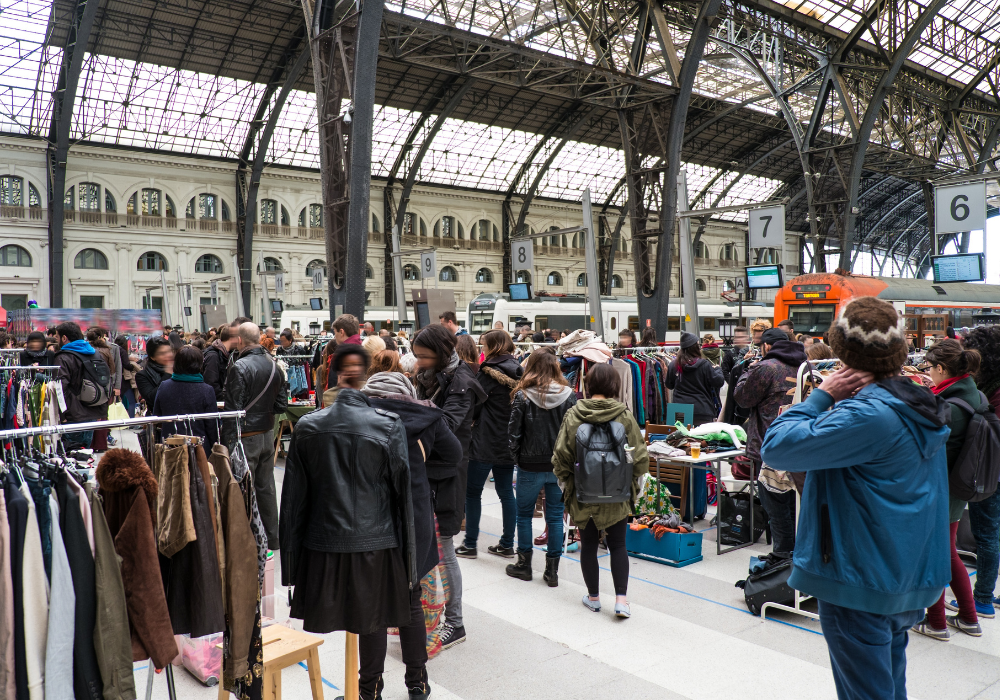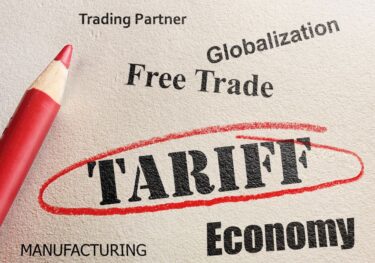The socioeconomic impact of second-hand clothes in Africa and the EU27+
Commissioned by Humana People to People and Sympany+

This report, commissioned by Humana People to People and Sympany+, evaluates and quantifies the socioeconomic impact of the second-hand clothing industry in EU27+ countries (the Global North) and three selected African countries: Ghana, Kenya, and Mozambique (Global South).
The link between the second-hand clothing industry and sustainability has been well established. Compared with the production of new clothes, reused clothing has a significantly lower environmental impact in terms of both water consumption and CO2 emissions per item of clothing. Less established, however, is the socioeconomic impact. But in terms of economic value and employment, the industry generates substantial economic activity along its value chain. Although there has already been some research done to evaluate this, our report is unique in scope and is the largest study (to date) to assess the economic impact of the industry across two continents.
For this undertaking, we utilised a tailored and comprehensive multi-method approach, including a literature review, expert interviews, quantitative surveys, trade data analysis, and qualitative fieldwork. Through this, we were able to conduct an in-depth assessment of the entire value chain, from the Global North to the Global South. Following this, we employed our bespoke economic impact model to quantify the three economic impact channels—namely the direct, indirect (supply chain), and induced (wage-financed consumption expenditure) channels—and then evaluated these across both continents.
Ultimately, our research illuminated how the second-hand clothing industry generates significant economic value through green jobs in both continents, supporting economic activity in line with environmental policies.
Moreover, the industry contributes to the UN’s Sustainable Development Goals, for example by supporting the livelihoods of thousands of second-hand clothing traders and by providing affordable clothing options to people around the world.
The experts behind the research
Our Macro Consulting team are world leaders in quantitative economic analysis, working with clients around the globe and across sectors to build models, forecast markets and evaluate interventions using state-of-the art techniques. Lead consultants on this project were:

Johanna Neuhoff
Director of Economic Consulting, Economic Footprint & Sustainability

Sven von Wangenheim
Economist, Economic Footprint & Sustainability

Cobus de Hart
Head: Africa Consulting, Oxford Economics Africa

Marietha Jacobs
Senior Econometrician, Oxford Economics Africa
Tags:
Related reports

US Medicaid cuts will hit some states harder than others
Millions are expected to lose coverage due to new eligibility rules and the expiration of premium subsidies.
Find Out More
SNAP cuts will deal a blow to low-income households in the US
The budget reconciliation bill (OBBBA) ushers in significant cuts to the federal government's nutrition assistance program, or SNAP, that will fall the hardest on lowest-income households.
Find Out More
Why UK interest rate cuts remain a blunt tool
The Bank of England's Monetary Policy Committee has delivered 100bps of rate cuts since its easing cycle began in August 2024.
Find Out More
What are tariffs good for?
We built a forward-looking framework for analyzing how US tariffs achieve or undermine the various goals touted by policymakers.
Find Out More